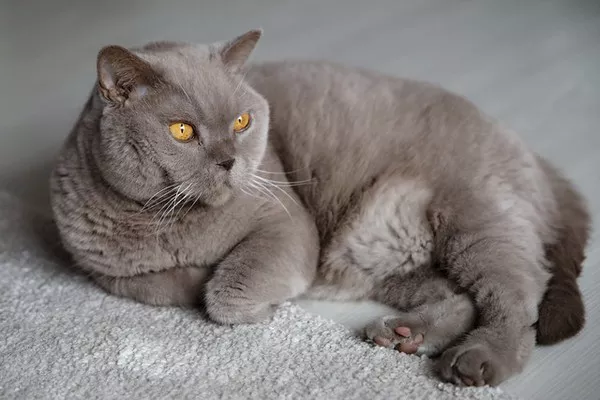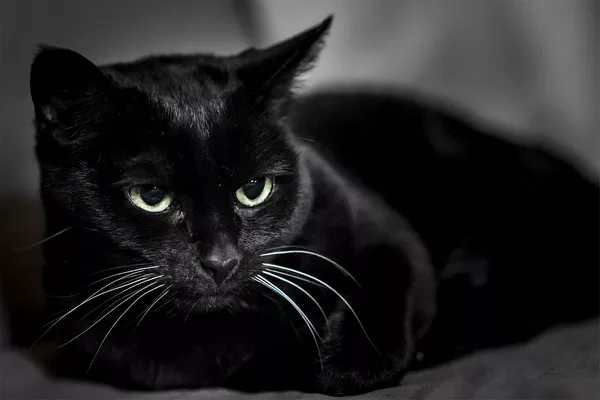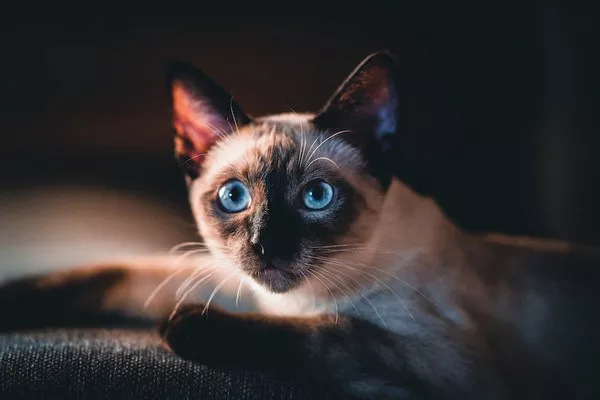The British Shorthair cat, with its iconic round face, dense coat, and stocky build, is a beloved breed known for its charming appearance and unique personality. These cats have garnered a reputation for being dignified and composed, but are they friendly? In this article, we will explore the friendly nature of British Shorthair cats, shedding light on their temperament, behavior, and the factors that influence their friendliness as companions.
The British Shorthair Personality
Before delving into the specific friendliness of British Shorthair cats, it’s essential to understand their overall personality traits. British Shorthairs are known for several key characteristics:
Dignified Demeanor: British Shorthairs are often described as dignified and composed. They carry themselves with an air of sophistication, and their calm disposition contributes to their regal appearance.
Independence: While British Shorthairs are affectionate cats, they also value their independence. They are not typically clingy or demanding of constant attention, which can be a positive trait for some cat owners.
Adaptability: These cats are generally adaptable to various living environments. They can thrive in both small apartments and larger homes, making them suitable for a wide range of living situations.
Playful Nature: British Shorthairs have a playful side, especially when they are kittens. They enjoy interactive play sessions and are known for their love of toys.
Affectionate and Loyal: While they may not be as overtly affectionate as some other breeds, British Shorthairs are known for forming strong bonds with their owners. They can be quite loyal and enjoy spending time with their human companions.
Friendliness of British Shorthair Cats
The friendliness of a British Shorthair cat can vary from one individual to another, and it is influenced by several factors:
1. Early Socialization
The socialization a British Shorthair kitten receives during its early weeks of life plays a crucial role in its future friendliness. Kittens that have positive interactions with humans and other cats during this period are more likely to grow up to be friendly and well-adjusted.
2. Individual Personality
Just like people, cats have their own unique personalities. While the British Shorthair breed tends to be composed and independent, there are variations among individuals. Some British Shorthairs are naturally more outgoing and affectionate, while others may be reserved or take time to warm up to new people.
3. Breed Traits
The breed traits of British Shorthair cats can influence their friendliness. These cats are known for their steady and calm demeanor, which can make them less prone to anxiety and skittishness. Their independence can also contribute to their ability to adapt to different situations and people.
4. Upbringing and Environment
The way a British Shorthair cat is raised and the environment it grows up in can have a significant impact on its friendliness. Cats that are raised in a loving and nurturing environment with positive human interactions are more likely to develop into friendly and sociable adults.
5. Health and Well-being
A British Shorthair cat’s health and overall well-being can affect its behavior and friendliness. Cats that are in good physical health are more likely to be happy and friendly. Regular veterinary care, a balanced diet, and proper grooming are essential for their well-being.
6. Socialization with Other Pets
If a British Shorthair cat is exposed to other pets, such as dogs or other cats, during its upbringing, it may be more accepting and friendly towards them. Proper introductions and positive interactions with other animals can contribute to their friendliness in a multi-pet household.
Tips for Encouraging Friendliness in British Shorthair Cats
If you have a British Shorthair cat or are considering adopting one and want to encourage friendliness, here are some tips:
Early Socialization: If you have a British Shorthair kitten, ensure that it receives positive socialization experiences with humans and other pets. Gradual and gentle exposure to new people, places, and experiences can help them become more friendly and confident.
Positive Reinforcement: Use positive reinforcement techniques, such as treats and praise, to reward friendly and sociable behavior. This can encourage your British Shorthair to seek out interaction and affection.
Interactive Play: Engage in interactive play sessions with your cat using toys and games that they enjoy. Playtime provides mental and physical stimulation and strengthens the bond between you and your cat.
Respect Independence: While encouraging friendliness, also respect your cat’s need for independence. British Shorthairs may appreciate companionship but also value their alone time. Allow them to come to you when they are ready for attention.
Regular Veterinary Care: Ensure that your British Shorthair receives regular check-ups and vaccinations to maintain good health and prevent any behavior changes due to illness or discomfort.
Create a Comfortable Environment: Provide your cat with a comfortable and safe living environment. Cats that feel secure in their surroundings are more likely to be friendly and relaxed.
Conclusion
British Shorthair cats are known for their dignified demeanor, independence, and loyalty to their owners. While they may not be as overtly affectionate as some other breeds, their friendliness can vary based on individual personality, upbringing, and socialization experiences. With proper care, positive interactions, and a nurturing environment, British Shorthair cats can be friendly and loving companions. Whether you already share your life with a British Shorthair or are considering adopting one, understanding and appreciating their unique personality traits is key to fostering a strong and affectionate bond with these wonderful felines.


























